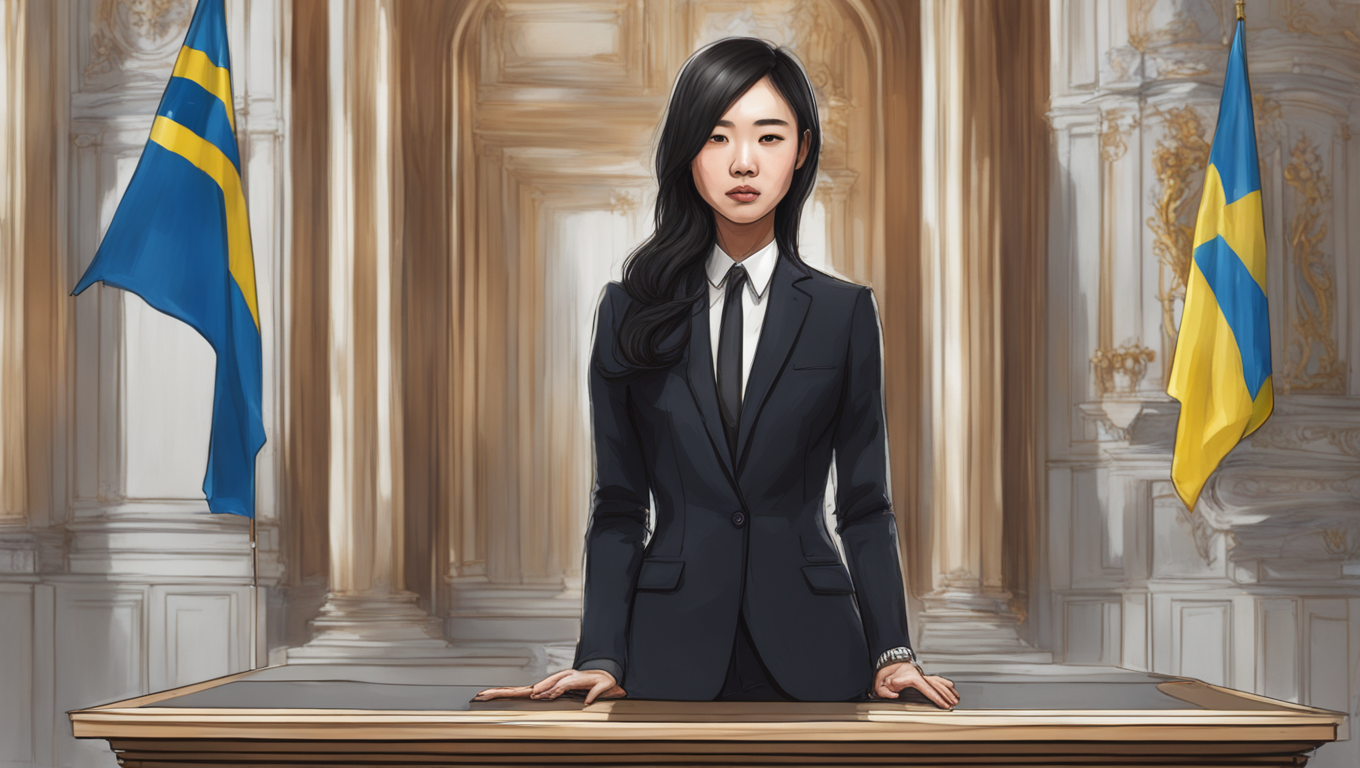The small rural village of Hroza in the Kharkiv region of Ukraine was devastated by a Russian strike on Thursday, killing dozens of civilians. The top UN humanitarian official in Ukraine, Denise Brown, described the images from the village as “absolutely horrifying.” She condemned the attack and expressed condolences to the bereaved families. UN Secretary-General António Guterres also strongly condemned the attack, calling for an immediate end to attacks against civilians and civilian infrastructure, as they are war crimes.
In another development, UN chief António Guterres and the President of the International Committee of the Red Cross (ICRC), Mirjana Spoljaric, issued a joint appeal for a ban on autonomous weapons that can kill without human control. They urged countries to establish specific prohibitions and restrictions on such weapons to preserve human control over the use of force and protect humanity. They emphasized the need to prevent machine learning algorithms from controlling autonomous weapons and called for clear restrictions and human supervision for all other autonomous weapons. Both leaders highlighted the groundwork and discussions that have taken place for countries to negotiate a new treaty by 2026.
Meanwhile, religious hate speech is spreading both online and offline, with gaps in national policy frameworks allowing it to go unchecked, according to UN human rights chief Volker Türk. He called on countries to do more to counter this issue, including comprehensive training initiatives and measures to address discrimination. The UN human rights chief expressed hope that the dialogue at the Human Rights Council would lead to a policy “blueprint” for countries to combat religious hatred in line with international human rights law. Türk also stated that his office would work with major social media companies to ensure their implementation of the UN Guiding Principles on Business and Human Rights.
Lastly, in Sudan, almost 25 million people are in need of humanitarian aid and protection, but the UN’s appeal for $2.6 billion for Sudan is only one-third funded. Clementine Nkweta-Salami, the UN’s top humanitarian official in Sudan, highlighted the high incidences of malnutrition and struggling health systems in the country. Additional resources are needed to provide medical equipment, medicines, and expand water, sanitation, and hygiene capacity. Nkweta-Salami stressed the importance of international solidarity, better access and safety for humanitarian operations, and less interference from conflict parties. She deplored the fact that despite an agreement for unimpeded humanitarian access, aid workers are still facing blockages and looting.
These recent events highlight the urgent need for international action to address the humanitarian crises in Ukraine and Sudan, as well as the importance of regulating autonomous weapons and countering religious hate speech. As the UN and its officials continue to advocate for solutions, the world must come together to prevent further suffering and protect human dignity.





Use the share button below if you liked it.